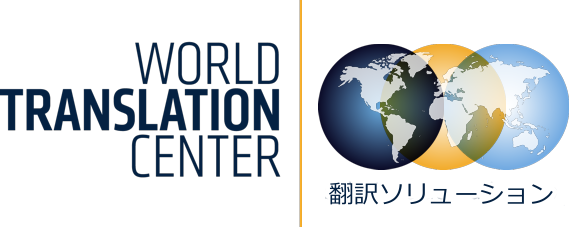WORLD TRANSLATION CENTERは、世界中の専門翻訳者による翻訳と音声録音サービスを提供する大手翻訳会社です。
Articles and Stories
Language of Economic Crisis
The difficult economic times of the past years have spawned completely new terms throughout Europe that have been added to the official dictionaries of countries and will no doubt continue to be associated with the era in which they were created. This new terminology reflects with dark humor Europe’s enduring economic troubles.
In Spain, there were so many changes in the language that the Spanish Royal Academy, guardian of the Spanish language, updated the dictionary with 200 words that have been added or given new meanings. Among these are “burbuja,” or bubble, like the one that burst in the housing market, as well as “población activa,” or the population old enough to work, which came into use because a sizable share of it is not working.
Portuguese children now “grandolate” their parents when told to do something they do not want to do. This comes from “grandolar”, which has come to mean, “to subject a government minister to a singing protest using a revolutionary hymn.” And if a woman is wearing a short skirt, she may be asked if she is “in austerity” – saving fabric for another use.
And finally, the French sociologist, Denis Muzet has published “Les Mots de la Crise,” or “The Words of the Crisis,” which analyzes the terminology that has come into use since the economic downturn. Among these terms are “perte du triple A,” or loss of the triple A (as in France’s bond rating); “suppressions d’emploi,” or job cuts; and “choc de compétitivité,” meaning competitiveness shock — all measures of the rude awakening the crisis has presented.
There is one word that is used throughout Europe: “troika”, which refers to the three international creditors — the International Monetary Fund, the European Central Bank and the European Commission – whom citizens all over the world blame for this crisis.
This is a summary of the New York Times article by Raphael Minder, “A Continent Mired in Crisis Coins a Language of Economic Pain”.
http://www.nytimes.com/2013/07/26/world/europe/a-continent-mired-in-crisis-coins-a-language-of-economic-pain.html?pagewanted=all&_r=1&







